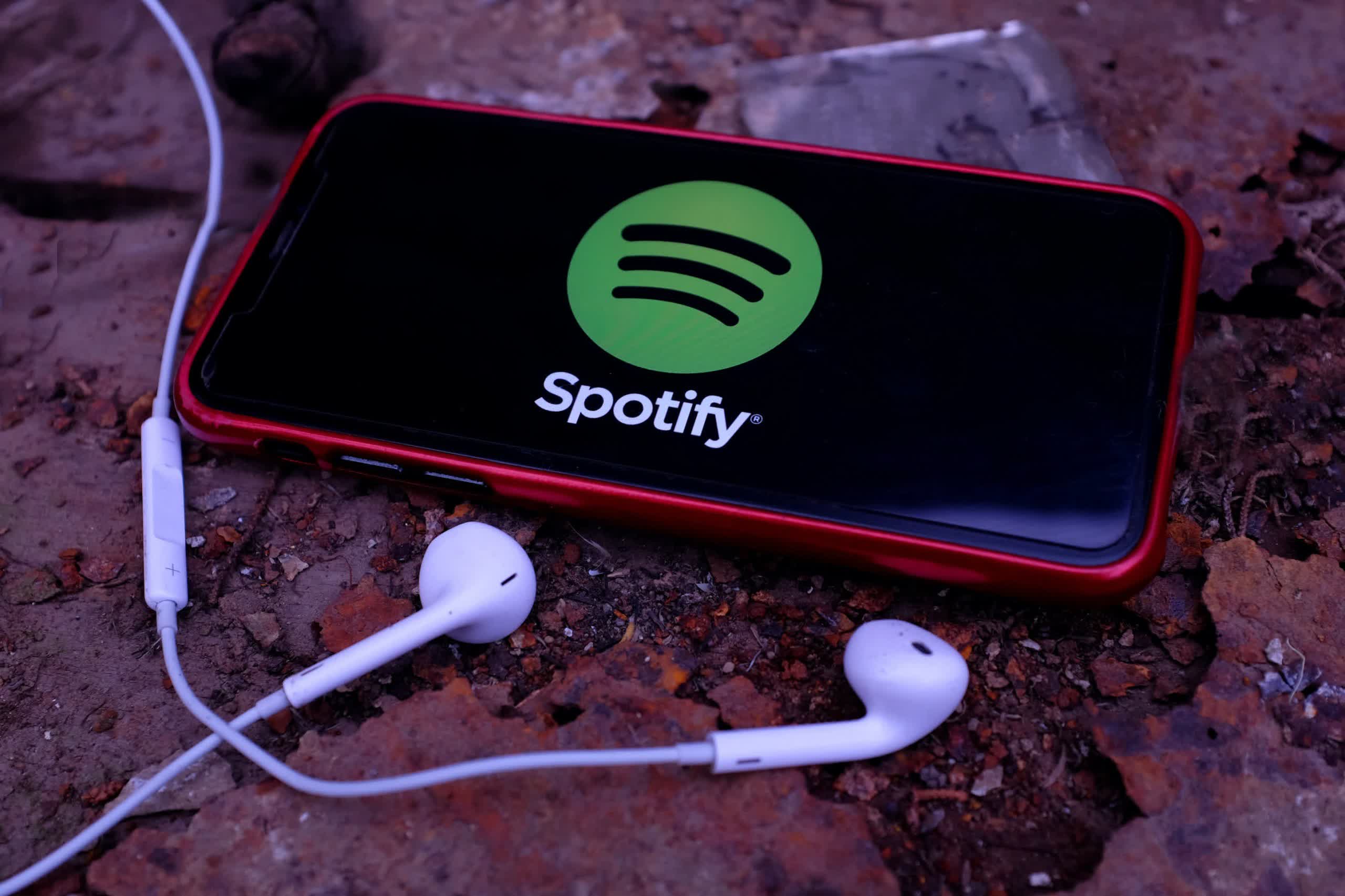What just happened? Many musicians take issue with streaming services, usually over royalty payments, but a group of artists is protesting against something more customer-focused. The target of their anger is a speech recognition tool Spotify patented earlier this year that recommends music based on "emotional state, gender, age, or accent."
Spotify's patent, granted on January 12, describes analyzing users' voice and background noise to detect their mood and social setting, such as whether they are in a coffee shop, alone, at a party, etc., and make track suggestions based on this data. The system can also infer gender, age, and accent from a person's speech.
Not surprisingly, plenty of people are unhappy about what sounds like an invasive feature. Digital rights non-profit Access Now asked Spotify to abandon any plans for the technology last month. Now, it is one of several groups and over 180 musicians trying to achieve the same goal. In an open letter, the campaigners call on the company to make a public commitment never to use, license, sell, or monetize the voice analyses system.
"This recommendation technology is dangerous, a violation of privacy and other human rights, and should not be implemented by Spotify or any other company," the letter states. "Any use of this technology is unacceptable."

The letter points out five major concerns regarding the technology: emotion manipulation, discrimination, privacy violations, data security, and exacerbating inequality in the music industry.
Signatories include Tom Morello of Rage Against the Machine, rapper Talib Kweli, Laura Jane Grace from Against Me!, and advocacy group Amnesty International.
"You can't rock out when you're under constant corporate surveillance," said Morello. "Spotify needs to drop this right now and do right by musicians, music fans, and all music workers."
"Claiming to be able to infer someone's taste in music based on their accent or detect their gender based on the sound of their voice is racist, transphobic, and just plain creepy," said musician Evan Greer in a statement.
In response to the request, Spotify has pointed to the letter it sent Access Now in April. "Spotify has never implemented the technology described in the patent in any of our products and we have no plans to do so," it reads. "The decision to patent an invention does not always reflect the company's intent to implement the invention in a product, but is instead influenced by a number of other considerations, including our responsibilities to our users and to society at large."
Center image credit: Sterling Munksgard
